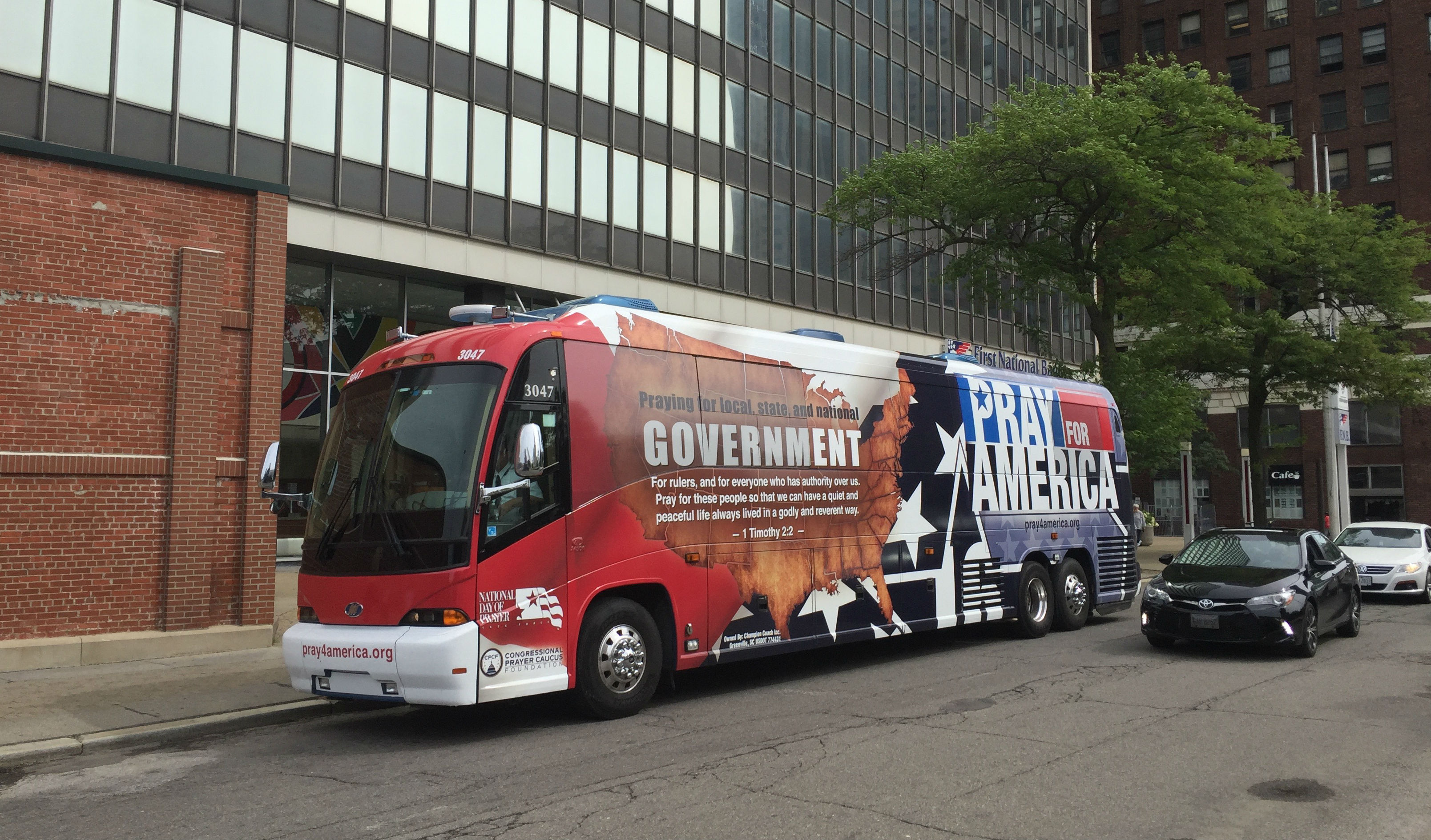

Denver City Council passed new rules Monday for dockless electric scooters in the city.
"This is primarily to get the scooters off the sidewalks and to allow the scooters some more flexibility in being able to use our bike lanes and our roads, " said council member Mary Beth Susman.
Public Works drafted the ordinance with council members Susman and Paul Kashmann to avoid clashes with pedestrians.
"We wanted to find a safer way for these new mobility options to be able to operate," said Denver Department of Public Works spokesperson Heather Burke. "People are concerned about scooters being allowed to ride on the sidewalks."
Now, scooters can only ride on the sidewalk if a bike lane or a roadway under 30 mph is not available. Even then, scooter users must yield to pedestrians and keep their speed under 6 mph.
"Allowing scooters in bike lanes will enhance the safety of riders and pedestrians while continuing to provide residents with convenient transportation options like Lime that help alleviate congestion in dense urban areas," Lime spokesperson Mary Caroline Pruitt said.
When riding on roads, scooters will have to keep to the right side of the road and follow all the traffic rules cars and bikes follow. They will also have to use lights during night hours, Susman said. Electric scooters are not allowed on the 16th Street Mall.
Denver Parks and Recreation will create its own rules for electric scooter use in the city's parks.
The new ordinance changes the classification of the dockless scooters popularized by companies like Lime, Lyft and Bird from "toy vehicles" to "electric mobility scooters."
When the state legislature ruled scooters "toy vehicles," they were not thinking about the motorized scooters now found on many Denver street corners, Susman said.
Dockless scooter operators Lime, Lyft and Bird are both in favor of this new set of regulations. Spokespeople for the three companies spoke at the City Council meeting Monday.
"We support reclaiming space on our streets for people walking, biking, scooting and taking public transit," Lyft market manager Patrick Quintana said at the council meeting. "The full promise of micro-mobility can only be realized if we dedicate enough protected space to these new modes to make navigating our streets on two wheels as natural as hopping in a car."








